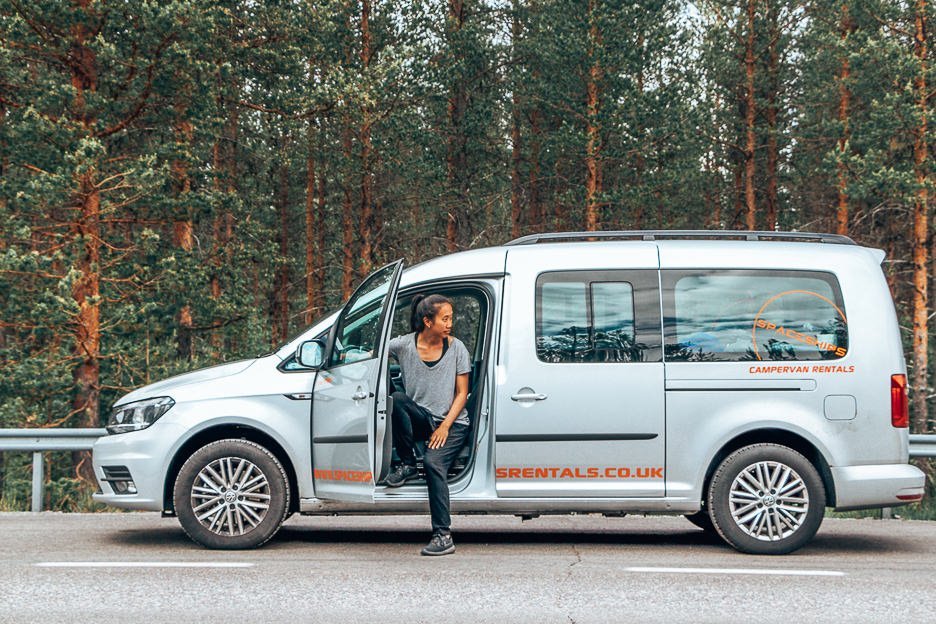
TIPS FOR PLANNING A EUROPEAN ROAD TRIP
International Driver’s Permit
As we were hiring a car outside of Australia on our Australian drivers’ licenses, we sought additional protection and each obtained an International Driver’s Permit (IDP). For drivers with an Australian driver’s licence, an IDP allows you to drive internationally without the need to sit any additional tests. It is accepted alongside your driver’s license in over 150 countries and supplies your identification details in nine languages. Some countries require you to have an IDP before you can rent a car.
In Australia, an IDP is issued by your state or territory’s motoring club on behalf of the Australian Automobile Association. An IDP costs AUD $39 (plus applicable postage if required). You can apply online if your driver’s license has been issued in ACT, QLD, NSW, VIC, WA and SA.
Rental Car Excess Insurance
Make sure to read the Terms & Conditions (T&Cs) and Product Disclosure Statement (PDS) of the rental company. Most companies will only offer basic insurance for your rental period with full coverage (e.g. collision damage waiver, third party liability) costing a significant amount more. Your travel insurance may only have limited coverage also so make sure to read the fine print.
If you also choose to take out a 3rd party insurance policy for your rental vehicle (because it is cheaper than taking out a full coverage insurance policy with the rental car company), be sure to double check their criteria of what is covered.
After doing some shopping around, we ended up buying a policy with rentalcover.com – whilst we were ineligible for CDW coverage, we were able to obtain an “excess reduction amount”. This criteria effectively increased the amount of our policy limit to cover any costs that went above the rental car company’s basic insurance excess.
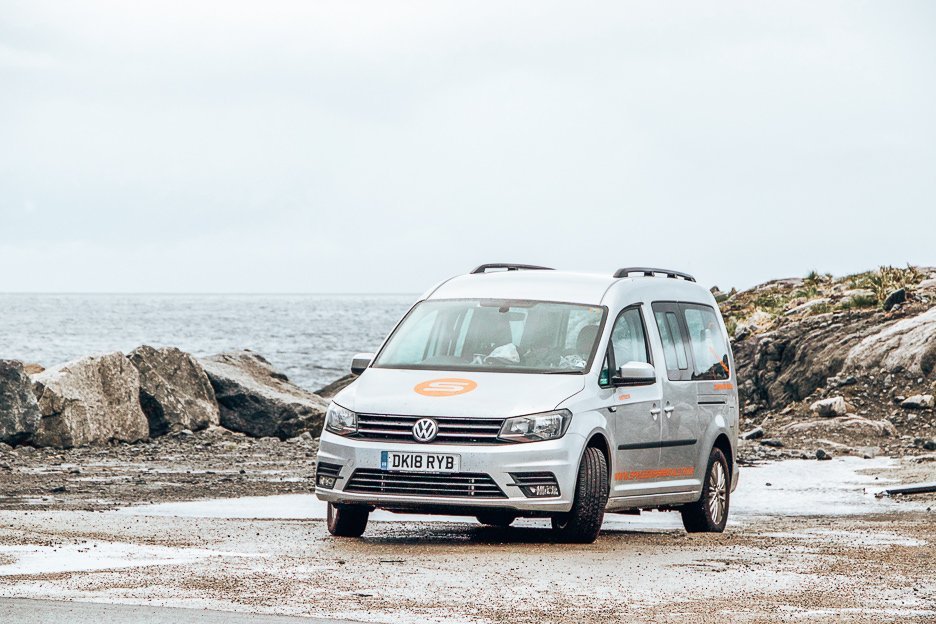


Kilometres/Hour vs Miles/Hour
We hired our car from Spaceships Rentals in the United Kingdom. We rented a right-hand drive with the odometer providing our travelling speed in miles per hour. After getting off the ferry in Calais from Dover, we went from driving on the left-hand side to the right-hand side and all speed limit signs were now in kilometres/hour!
Fortunately, we had a GPS which provided the speed limit in miles/hour which helped us loads. We were able to do some rough math quickly too whereby 60 miles/hour was roughly 100 kilometres/hour. Our campervan was also able to display our speed in kilometers per hour and with a few adjustments to the calibration of the car, we switched most of the measurements over to kilometers per hour. This made judging the distance to the next petrol station or using cruise control much easier.
Toll Roads
Most of the time, taking a toll road will be the fastest route to your destination. Many European countries have toll gates that allow you to pay by cash or card when you enter or exit the toll road (e.g. France, Italy, Poland). Certain countries require pre-paid vignettes (e.g. Switzerland, Czech Republic, Austria) or online registration (e.g. EPC is the company that operates the toll roads for Norway and Ireland). Certain cities also have congestion charges for driving within the CBD.
We would recommend researching each country’s regulations and preparing a budget for tolls ahead of your road trip so that you don’t wind up paying unexpected penalties. If you do not wish to take the toll roads, disable this feature in Google Maps or your GPS when plotting your route. Occasionally, we found that the toll road route was only minutes faster compared to an alternative route via the back streets. Driving through small towns also allows you to see more of a country’s history and culture, rather than a four lane highway which looks a lot like the ones back at home.

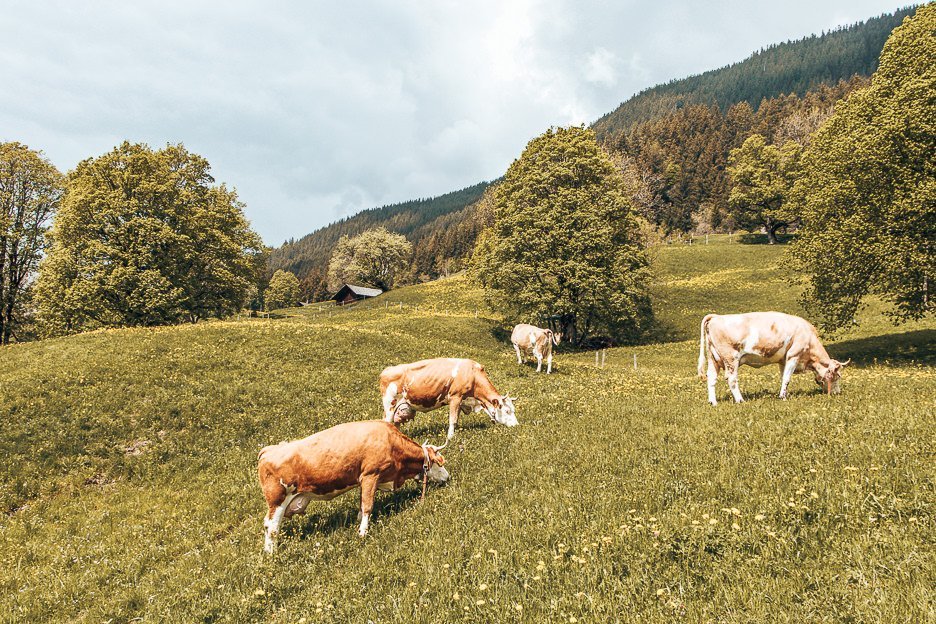

Paid Parking
When paying for street parking in many European cities, we found that many machines hardly take cash anymore. Most cities now have paid parking linked to smartphone apps. Simply download one of the apps, link up a credit card and follow the app instructions. No more jingling for spare change. We love modern technology!
Some of the car parking apps that you will come across include:
- Easypark
- ParkMan
- ParkPark
- Way To Park
- ParkOne
If you happen to be driving and parking within some of Italy’s larger towns and cities, you’ll find a colour coded parking system. Blue lines mean that you are required to pay for parking, yellow is reserved for residents and white means that you can park for free.
Where To Sleep
Camping in Europe is not limited to a registered campsite with running water and electricity. Many travellers who drive campervans and motorhomes sleep in their vehicles in empty parking lots, parks, rest stops and national parks. Travellers have contributed information from their own experience onto websites and apps which are available for other travellers to help in planning where you might rest your head safely for the night.
Two handy resources we used were park4night.com and campercontact.com (both available as an app to download on your smartphone). We were able to access information including GPS coordinates, photos and comments from fellow travellers regarding costs, availability, safety and public facilities.
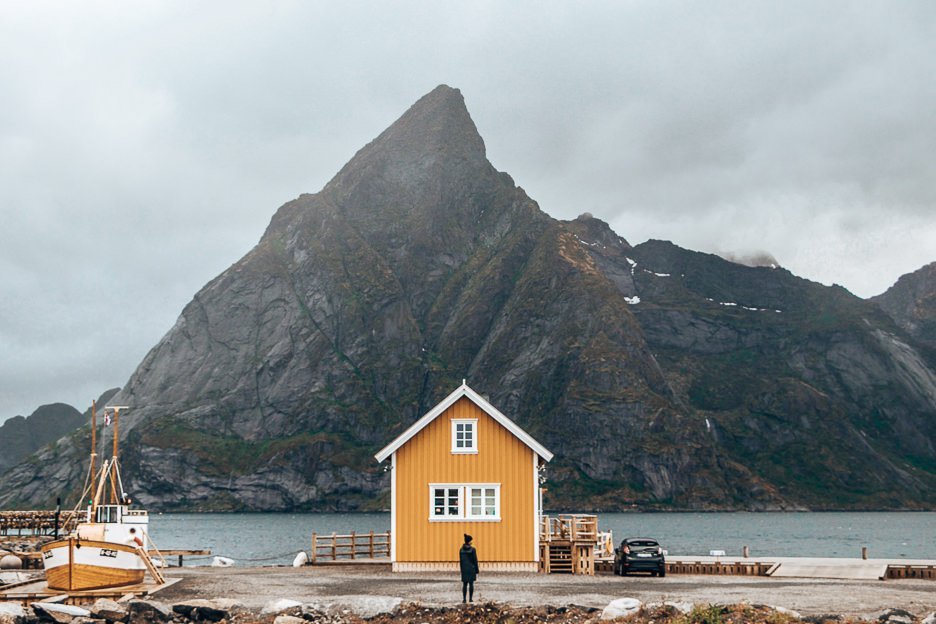

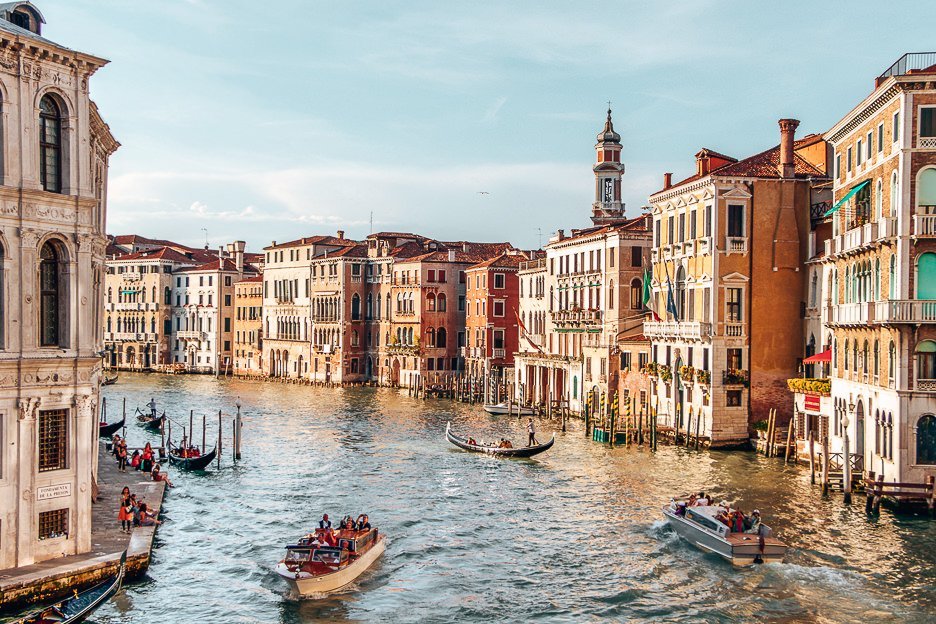
Car Knowledge
Maybe it goes without saying, but it would be handy to have some basic car knowledge before embarking on a long road trip. Perhaps you’re an automobile whiz and it’s unlikely anything will go wrong with your rental car anyway but we raise this point based on our own experience.
Our campervan hired from Spaceships Rentals was a Volkswagen Caddy. Neither of us had driven a VW before. Our first scare was when a warning on the dashboard popped up warning us to top up the vehicle’s AdBlue reserve. We were heading through Swedish Lapland with kilometres of road ahead of us and the petrol stations becoming further and fewer in this stretch of the country.
Fortunately, we pulled into a Volkswagen dealership and some friendly Swedish gentlemen were able to help us. Later on, we discovered that AdBlue is sold by the litre at most petrol stations so we were able to fill up and ease our worries!
Ferry Crossings
Cars can’t fly yet so where there are no underwater tunnels, you’ll need to book and pay to take your car/campervan/motorhome on the ferry. Europe has some very efficient companies managing the ferry crossings.
We booked in advance and travelled with DFDS across the English Channel from Dover to Calais and then Dunkirk back to Dover. We also took ferries from Tallinn to Helsinki, Turku to Stockholm and Lodingen to Bognes in the Lofoten Islands. We strongly recommend booking your slots in advance, particularly in summer. Schedules and prices can be found online. The ferries are like mini cruise ships with restaurants, bars, slot machines, live entertainment and often free wifi.
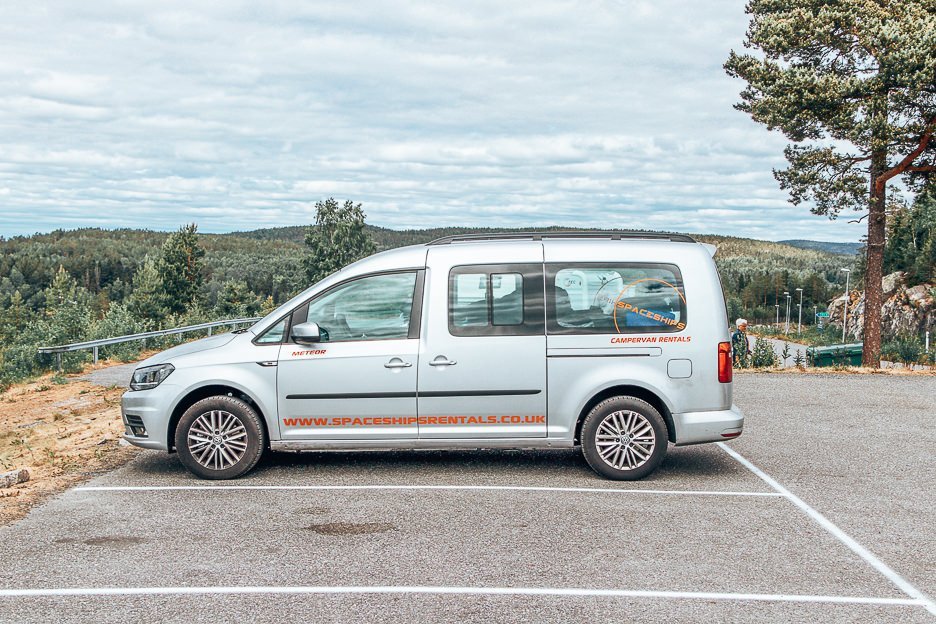
LOOKING FOR A CAR RENTAL IN EUROPE?
Have you been on a road trip through Europe? Have we missed anything? Share with us in the comments below!
LIKE THIS POST? PIN IT AND SHARE IT!
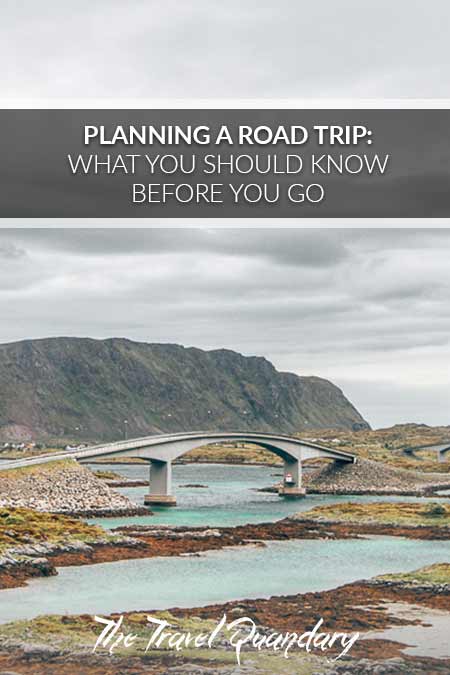
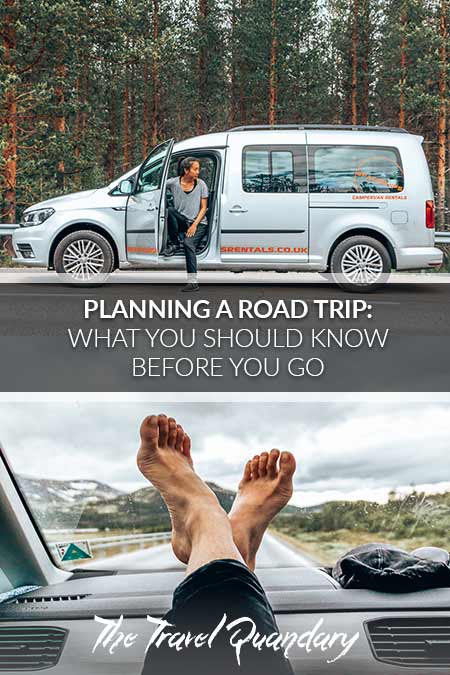
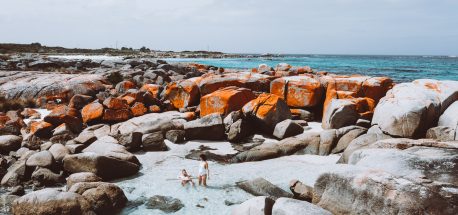








1 thought on “Planning A European Road Trip: What You Should Know Before You Go”